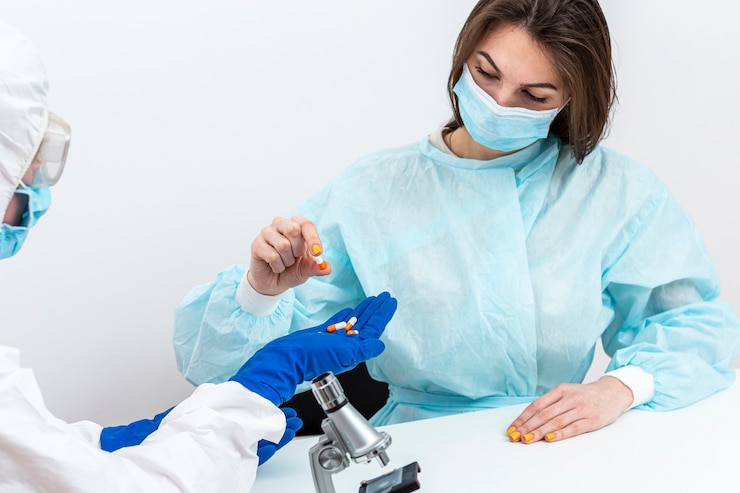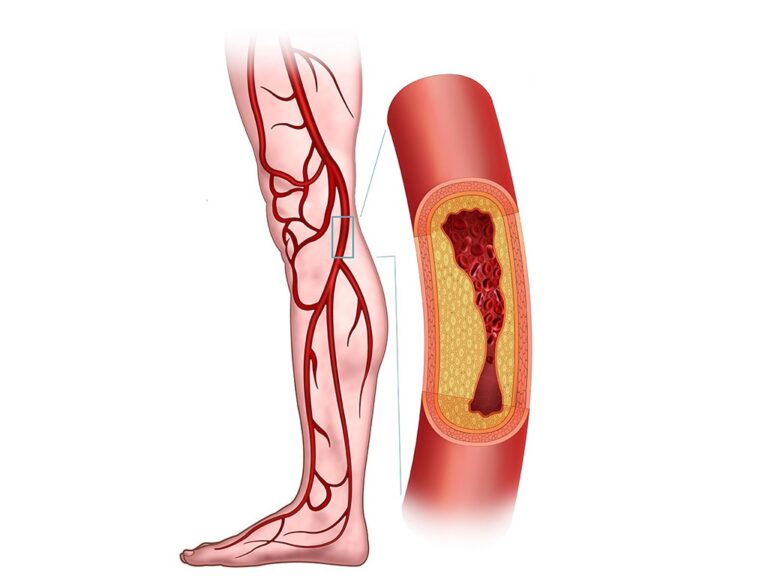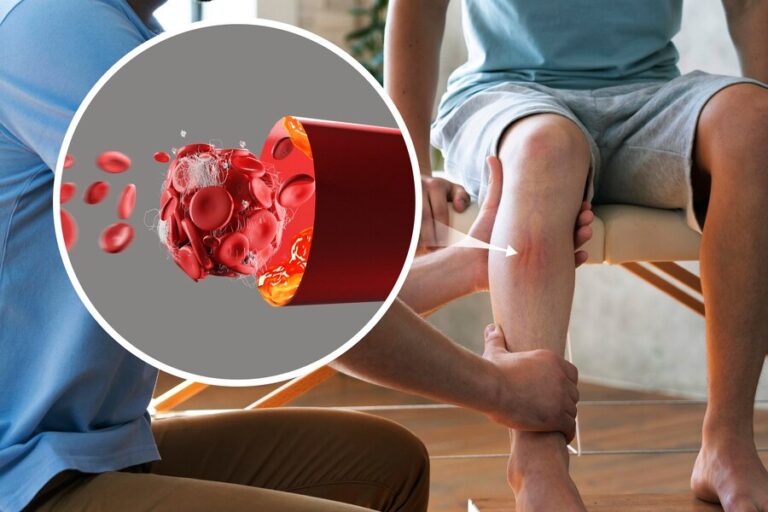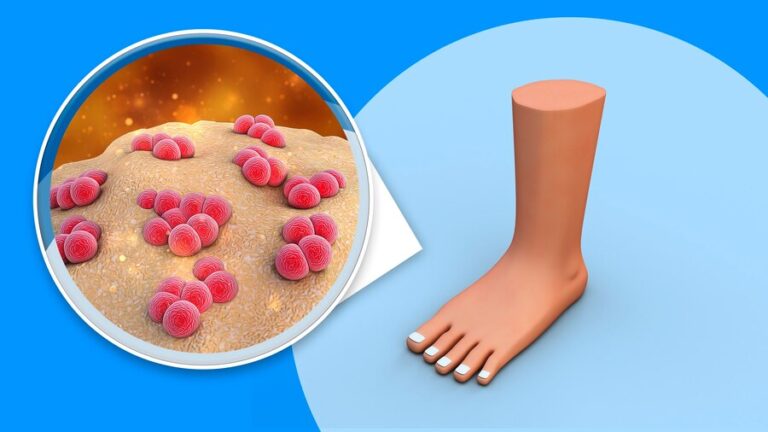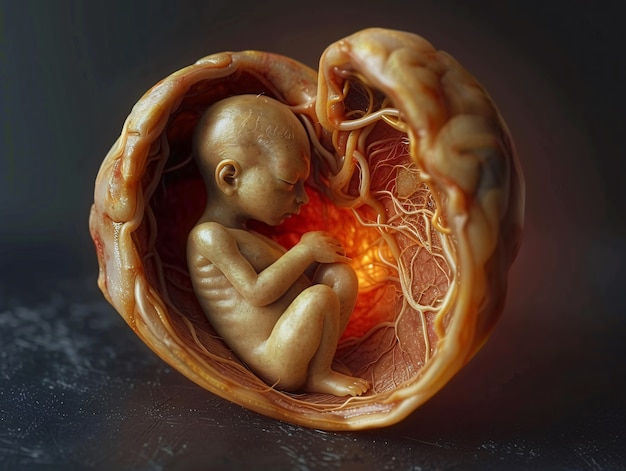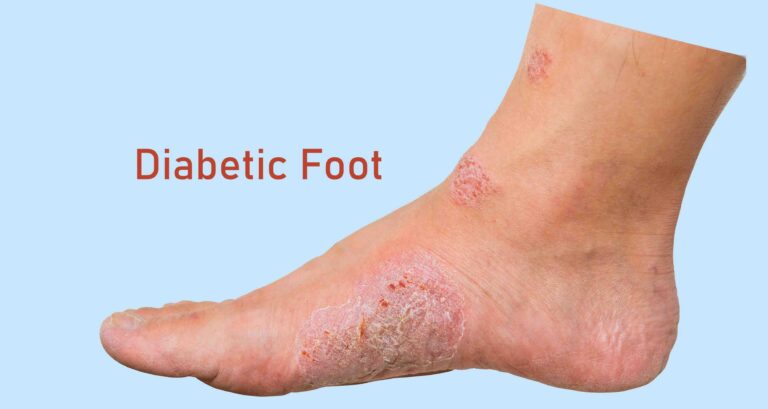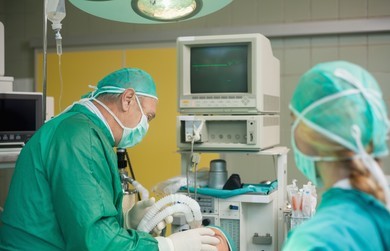Biopsy Test in Sector 101
Biopsy tests are critical diagnostic procedures that help in detecting and evaluating various medical conditions, including cancer, infections, and inflammatory diseases. Biopsy Test in Sector 101 is accessible to residents through advanced services provided by Dr. Ankit Interventional Radiologist, who specializes in minimally invasive techniques. This article delves into the significance of biopsy tests, the types of biopsies available, the procedures involved, and why choosing a specialized radiologist is crucial for accurate diagnosis and effective treatment.
What is a Biopsy?
A biopsy is a medical operation in which a little sample of the body’s tissue or cells is taken out for microscopic inspection. The primary purpose of a biopsy is to diagnose diseases, especially cancer, by analyzing the cellular makeup of the tissue. Biopsy Test in Sector 101 is often recommended when imaging tests or other diagnostic methods suggest the presence of abnormal tissue but cannot definitively determine the cause.
Why is a Biopsy Test Important?
- Accurate Diagnosis: Biopsies provide definitive information about the presence and type of disease, allowing for accurate diagnosis and appropriate treatment planning.
- Early Detection: Early diagnosis of conditions like cancer significantly improves the chances of successful treatment. A biopsy can detect cancer at an early stage, even before symptoms appear.
- Guiding Treatment: The results of a biopsy can guide the treatment plan, helping doctors decide whether surgery, chemotherapy, radiation, or other treatments are necessary.
- Monitoring Disease Progression: For patients undergoing treatment, biopsies can be used to monitor the effectiveness of the treatment and detect any recurrence of the disease.
Types of Biopsy Tests
Several types of biopsies are performed depending on the location and nature of the suspected abnormality. In Sector 101, Dr. Ankit Interventional Radiologist offers a range of biopsy tests, each tailored to meet specific diagnostic needs.
1. Needle Biopsy
Needle biopsy is one of the most common and minimally invasive types of biopsy. It involves the use of a thin needle to extract a small sample of tissue from the suspicious area.
- Fine Needle Aspiration (FNA): FNA uses a very thin needle to collect a small amount of tissue or fluid. It is often used for lumps or masses that are easily accessible, such as in the breast, thyroid, or lymph nodes.
- Core Needle Biopsy: This method uses a slightly larger needle to remove a core of tissue, providing more detailed information than FNA. It is commonly used for breast, prostate, and liver biopsies.
2. Image-Guided Biopsy
Image-guided biopsies use imaging techniques such as ultrasound, CT scans, or MRI to precisely locate the area of concern before the biopsy is performed. This method is particularly useful for biopsies of internal organs or deep-seated tissues.
- Ultrasound-Guided Biopsy: An ultrasound is used to guide the needle to the exact location of the abnormality. This method is commonly used for thyroid, breast, and abdominal organ biopsies.
- CT-Guided Biopsy: CT scans provide detailed cross-sectional images of the body, allowing for precise needle placement in areas that are difficult to reach, such as the lungs or bones.
- MRI-Guided Biopsy: MRI is used to guide the biopsy in cases where high-resolution imaging is required, such as in the brain or spinal cord.
3. Surgical Biopsy
In some cases, a surgical biopsy may be necessary to obtain a larger sample of tissue or to remove the entire suspicious area.
- Excisional Biopsy: This involves the surgical removal of an entire lump or area of abnormal tissue. It is often used when the suspicious area is small and can be completely removed.
- Incisional Biopsy: In this procedure, only a portion of the abnormal tissue is removed for examination. It is typically used when the area is too large to be removed entirely or when the location is not easily accessible.
4. Endoscopic Biopsy
An endoscopic biopsy involves the use of an endoscope—a thin, flexible tube with a camera and light on the end—to view and take tissue samples from inside the body.
- Gastrointestinal (GI) Biopsy: An endoscope is passed through the mouth or rectum to examine the digestive tract, including the esophagus, stomach, and intestines.
- Bronchoscopic Biopsy: This method is used to collect tissue samples from the lungs or airways by passing an endoscope through the nose or mouth into the bronchial tubes.
5. Bone Marrow Biopsy
Bone marrow biopsy involves taking a small sample of bone marrow tissue, usually from the hipbone, to diagnose blood disorders, cancers like leukemia, or other marrow-related conditions.
The Biopsy Procedure: What to Expect
Understanding the biopsy procedure can help alleviate any anxiety or concerns patients may have. While the specific steps may vary depending on the type of biopsy, the general process includes the following:
1. Preparation
- Medical History: The doctor will review your medical history, including any medications you are taking, and may perform a physical examination.
- Consent: You will be asked to sign a consent form, acknowledging that you understand the procedure and its potential risks.
- Pre-Procedure Instructions: You may be asked to stop taking certain medications, such as blood thinners, before the biopsy. Fasting may also be required if sedation or anesthesia is involved.
2. The Procedure
- Local Anesthesia: Most biopsies are performed under local anesthesia, which numbs the area where the biopsy will be taken.
- Guided Imaging: For image-guided biopsies, the doctor will use ultrasound, CT, or MRI to locate the area of concern.
- Tissue Sample Collection: The doctor will insert the needle or use surgical instruments to collect the tissue sample. A biopsy is a medical operation in which a little sample of the body’s tissue or cells is taken out for microscopic inspection.
Post-Procedure Care
- Observation: After the biopsy, you may be monitored for a short period to ensure there are no complications, especially if sedation or anesthesia is used.
- Bandaging: The biopsy site will be bandaged, and you will be given instructions on how to care for the wound.
- Rest: You may be advised to rest and avoid strenuous activities for a day or two, depending on the biopsy type.
4. Results and Follow-Up
- Lab Analysis: The tissue sample will be sent to a pathology lab for analysis, and the results will typically be available within a few days to a week.
- Consultation: Once the results are ready, your doctor will discuss them with you and outline the next steps, which may include further testing or treatment.
Why Choose Dr. Ankit Interventional Radiologist for Your Biopsy Test in Sector 101?
When it comes to biopsy tests, accuracy, expertise, and patient comfort are paramount. Dr. Ankit Interventional Radiologist in Sector 101 is a leading specialist in minimally invasive procedures, offering state-of-the-art biopsy testing services. Here’s why you should choose our clinic:
- Expertise: Dr. Ankit is highly trained in interventional radiology, ensuring precise and accurate biopsy procedures with minimal discomfort.
- Advanced Technology: Our clinic is equipped with the latest imaging technology, allowing for accurate diagnosis and treatment planning.
- Patient-Centered Care: We prioritize patient comfort and safety, providing personalized care and support throughout the biopsy process.
- Comprehensive Services: From consultation to post-procedure care, we offer a full range of services to meet your diagnostic needs.
Conclusion
Biopsy tests are a crucial tool in diagnosing and treating various medical conditions. Biopsy Test in Sector 101 is available for residents who can rely on Dr. Ankit, an Interventional Radiologist, for expert biopsy testing services. Whether you need a needle biopsy, image-guided biopsy, or a more complex surgical biopsy, our clinic is dedicated to providing accurate, safe, and comfortable procedures. If you have been advised to undergo a biopsy or have concerns about a potential health condition, don’t hesitate to contact us for a consultation. Your health and well-being are our top priority.
For any further queries, Plz visit drankitinterventionalradiologist.com

